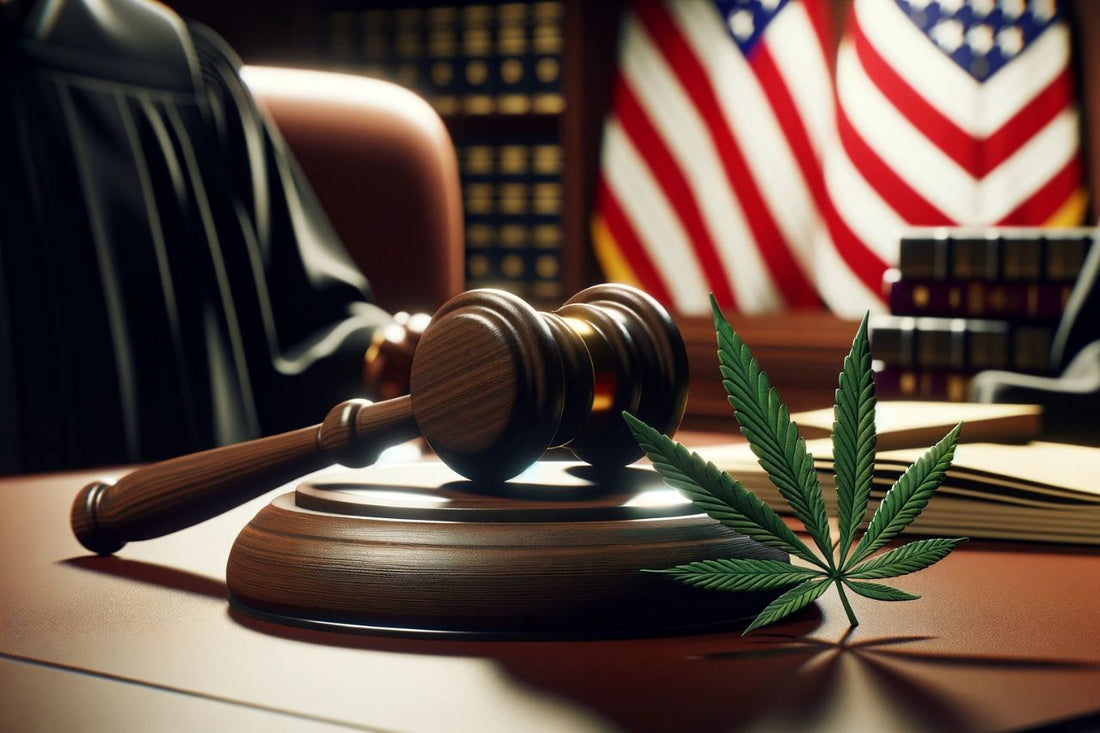Introduction to Biden's Historic Pardon
In a groundbreaking move, President Joe Biden, on December 22, 2023, announced a significant expansion of his pardon initiative, focusing on individuals with non-violent cannabis-related offenses. This article delves into the details of this historic decision, its implications, and the broader context of cannabis legislation in the United States.
The Decision: Commuting Sentences and Pardoning Cannabis Convictions
President Biden's announcement included two key actions: commuting the sentences of 11 individuals and issuing a proclamation to pardon simple possession and consumption of cannabis under federal and Washington D.C. law. The decision came as a part of a larger effort to address the injustices in the criminal justice system, particularly those related to the war on drugs.
The Impact of Criminal Records on Opportunities
The President's statement highlighted the profound impact that criminal records have on individuals' lives, creating barriers to employment, housing, and educational opportunities. By pardoning these non-violent offenses, the administration aims to rectify the wrongs of previous drug policies and help affected individuals reintegrate into society.
The Ongoing Debate on Cannabis Legislation
The article also sheds light on the evolving landscape of cannabis legislation in the U.S. It discusses the ongoing efforts to reschedule cannabis, moving it away from its current classification as a Schedule I drug, which implies high potential for abuse and no accepted medical use.
Efforts to Reschedule Cannabis: A Historical Overview
Efforts to reschedule cannabis have been ongoing for decades, with various organizations and state governors petitioning for its reclassification. The article details the history of these petitions and the responses they have received over the years.
In summary
President Biden's pardon of individuals with non-violent cannabis convictions represents a significant step towards reforming drug policy in the United States. It acknowledges the disproportionate impact of these laws on certain communities and seeks to correct these injustices.







